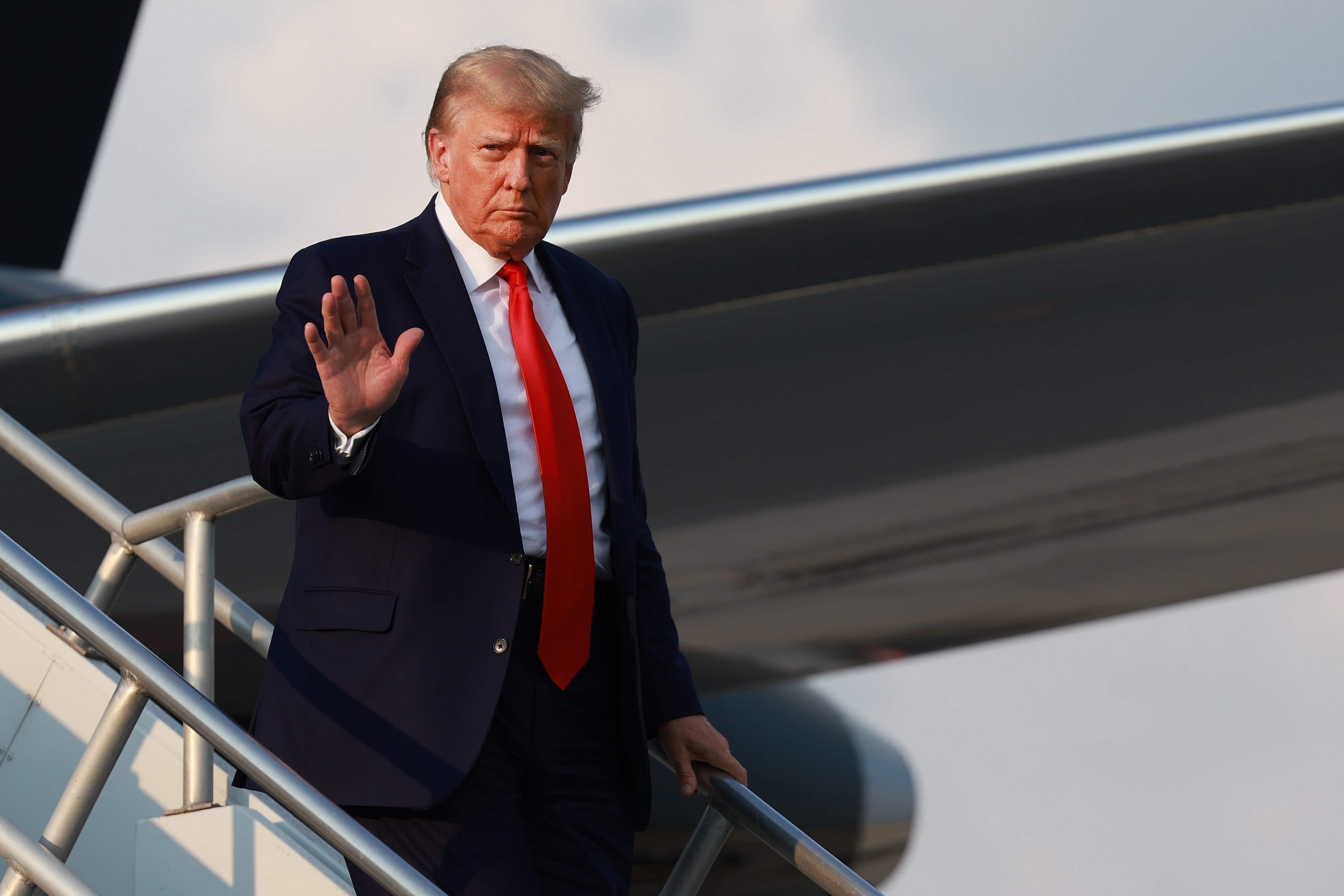Donald Trump reportedly used a bail bondsman after being arrested at Fulton County Jail in Atlanta, Georgia, on Thursday, paying $20,000 of his bond set at $200,000 and taking out a loan for the rest of it. The fact that the former president resorted to such a measure has sparked questions on social media about the state of his finances.



So he “loses” $20k, which is the same he would lose with the bail bondsman. The difference is that since he anticipates a %10 inflation, he can invest those $200k to try to earn a 10% return to make up the loss. If the money were just sitting in the court’s coffers, he couldn’t invest it, so it’d deteriorate in value.
Makes sense in my head but its late so maybe it’s nonesense lol. I was completely joking anyways, there’s no way that’s what he’s doing.
The general idea is not nonsense, but it’s unlikely he’s making a 10% return. Although, maybe he has some high interest loans out there, and he’s better off putting his money in those. That too would indicate a crappy financial position though.
Good macro econ point about the inflation factor.
Inflation cost stacks on top of lost opportunity investment cost.
He only has to come up with 10% of total bail
Let’s say bondsman premium is 10%
So trump has to come up with 20k to give court
Bondsman wants a 2k fee to loan 20k and be on hook for 200k (This is probably low. Bondsman probably wants more fee and collateral)
So if trump keeps his 20k and puts it in a super special high yield savings account, it guarantees 10% return in the time between mugshot and court. (Unlikely)
He withdraws 22k from SSHYSA after appearing in court. He has to pay 2k (this is assuming he doesn’t have to pay the fee upfront). He will have 20k.
If he paid the bail in cash, he would have 20k.
He has 20k in both scenarios. No matter inflation, he has 20k spending power in both scenarios
Bail bondsman has to lend out 20k. Anyone using a bondsman is over a barrel. Their fee will be high. They also know they have to combat inflation themselves. If it’s better for them to put their money in the SSHYSA, then loan it out, they will.
It’s possible for him to make money but unlikely with fee being really low and SSHYSA being really high.
Inflation doesn’t really play a factor. Because investment into savings accounts doesn’t combat inflation. (This is the whole purpose of the fed wanting inflation, to deter people from savings, because spending helps drive economy) He’d have to use his current high purchasing power to buy something that is worth 20k today (Speed Boat) but worth 22k tomorrow because of inflation.
Doesn’t matter if the 20k is sitting in court’s coffers or SSHYSA. It’s affected by inflation the same.